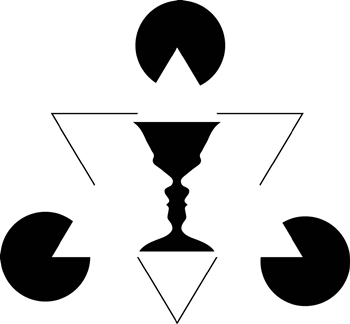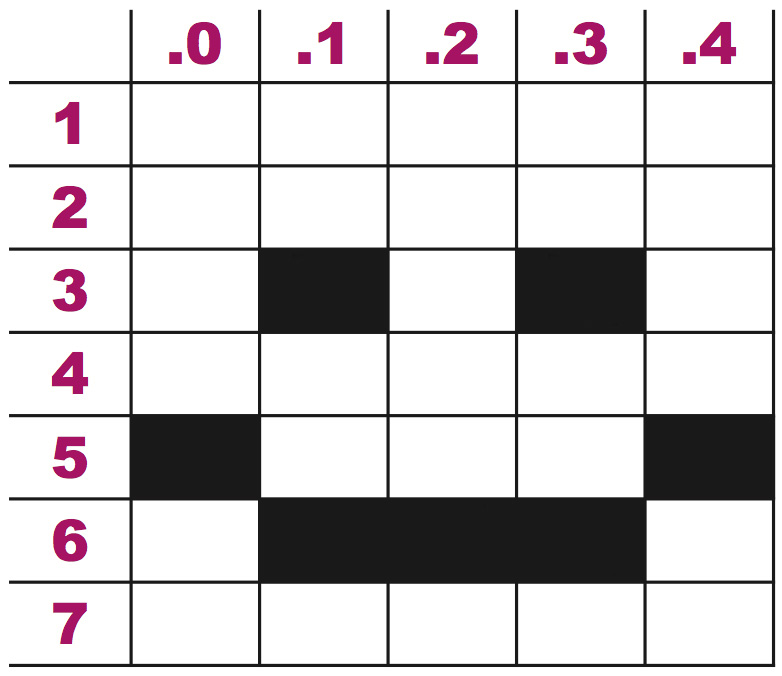Is Psychology Science?
Peter Rickman tells us why it isn’t. I was slightly taken aback when I heard a speaker at a psychology lecture meeting claiming confidently that psychology was a science. Of course, if we define science broadly, as the systematic search for knowledge, psychology would qualify for that label. But it is not terminology that is …




